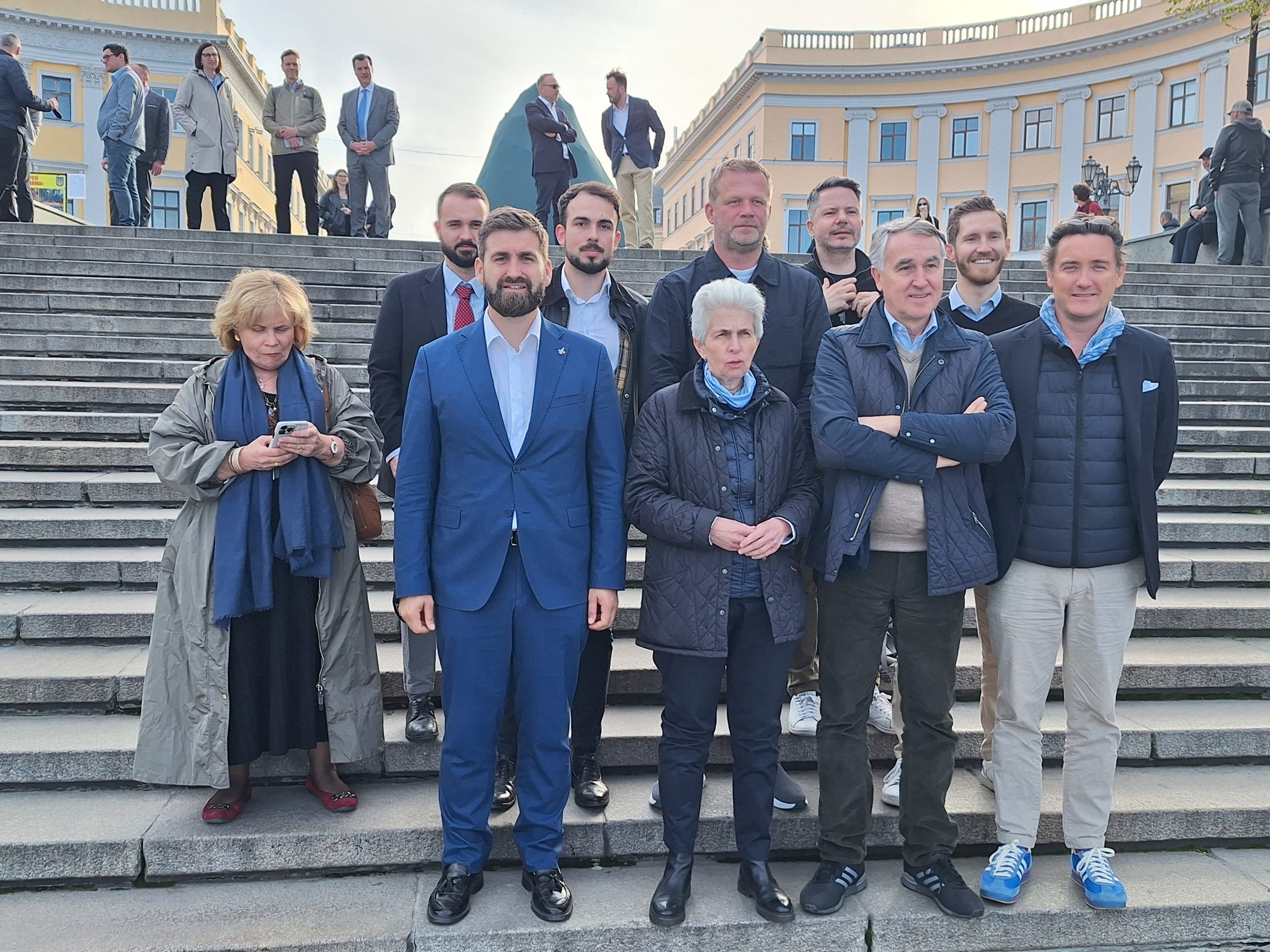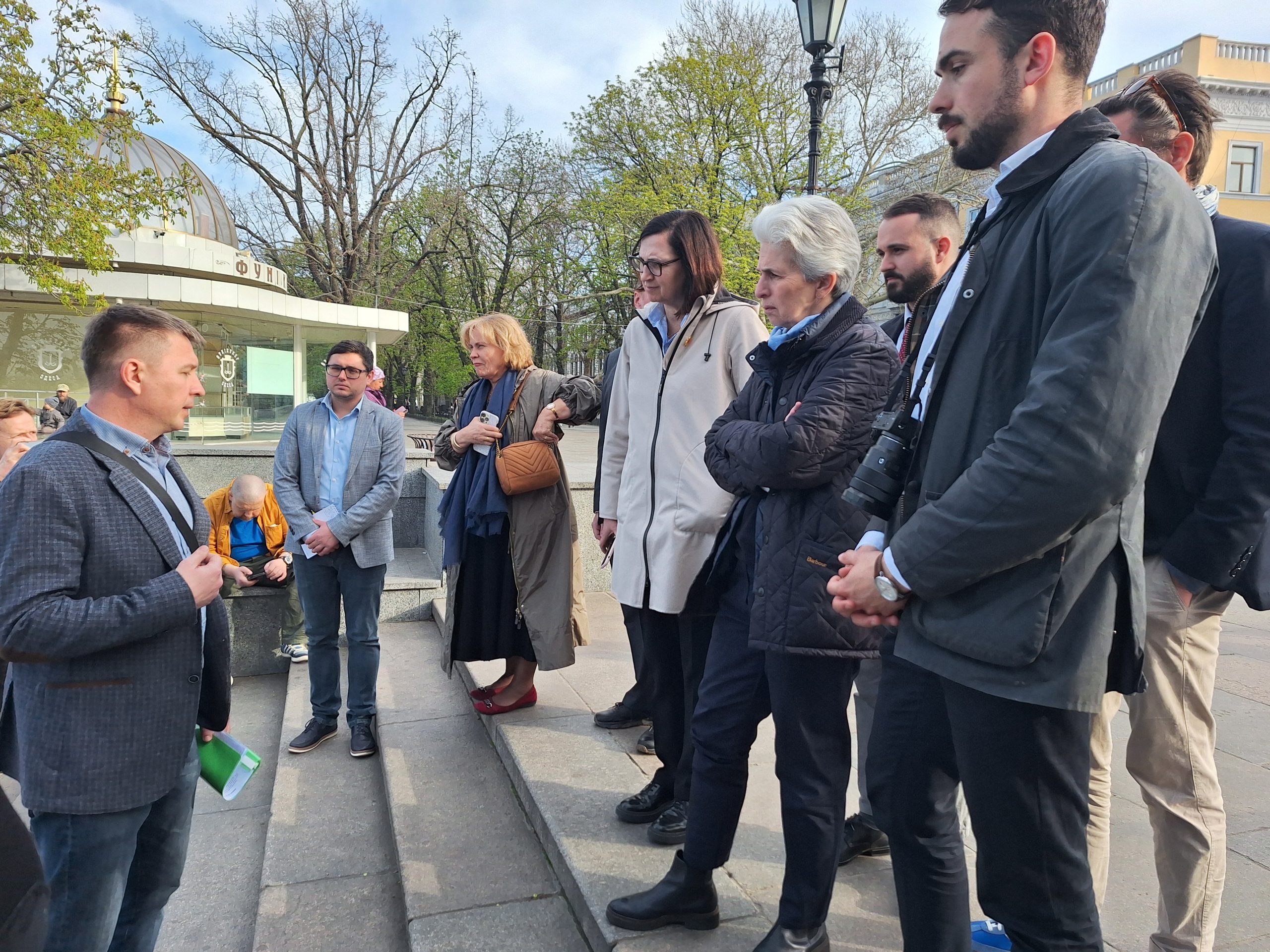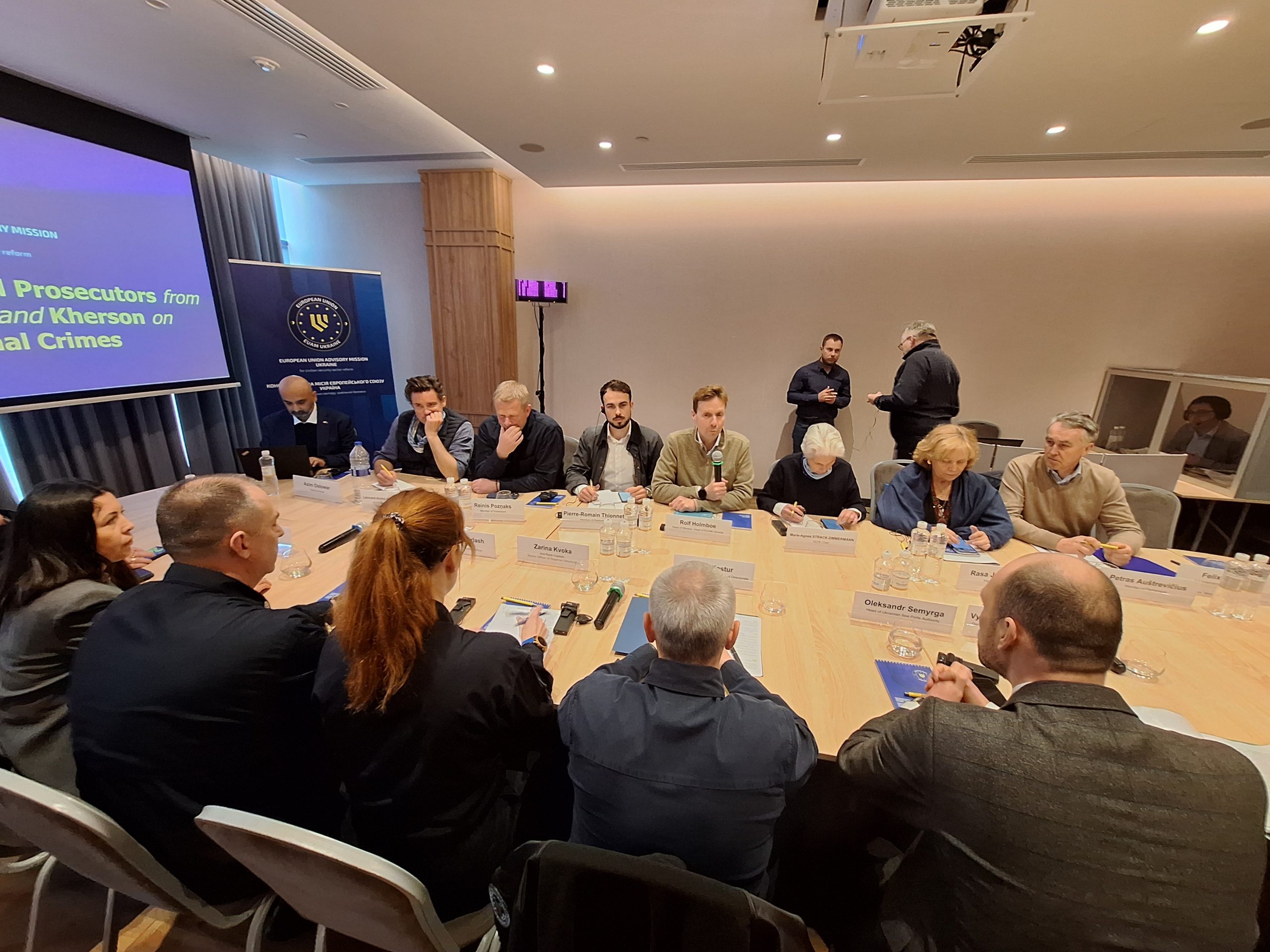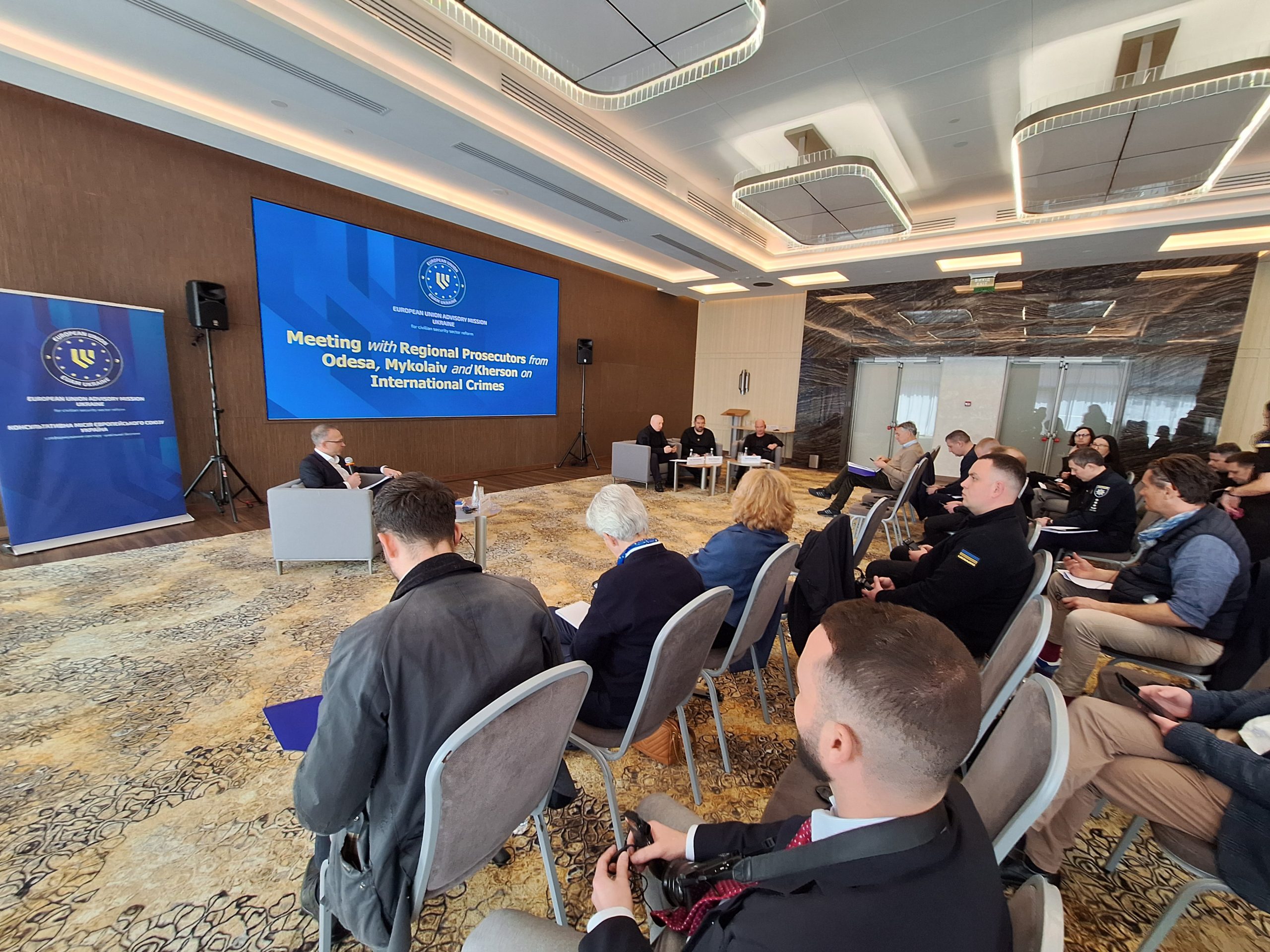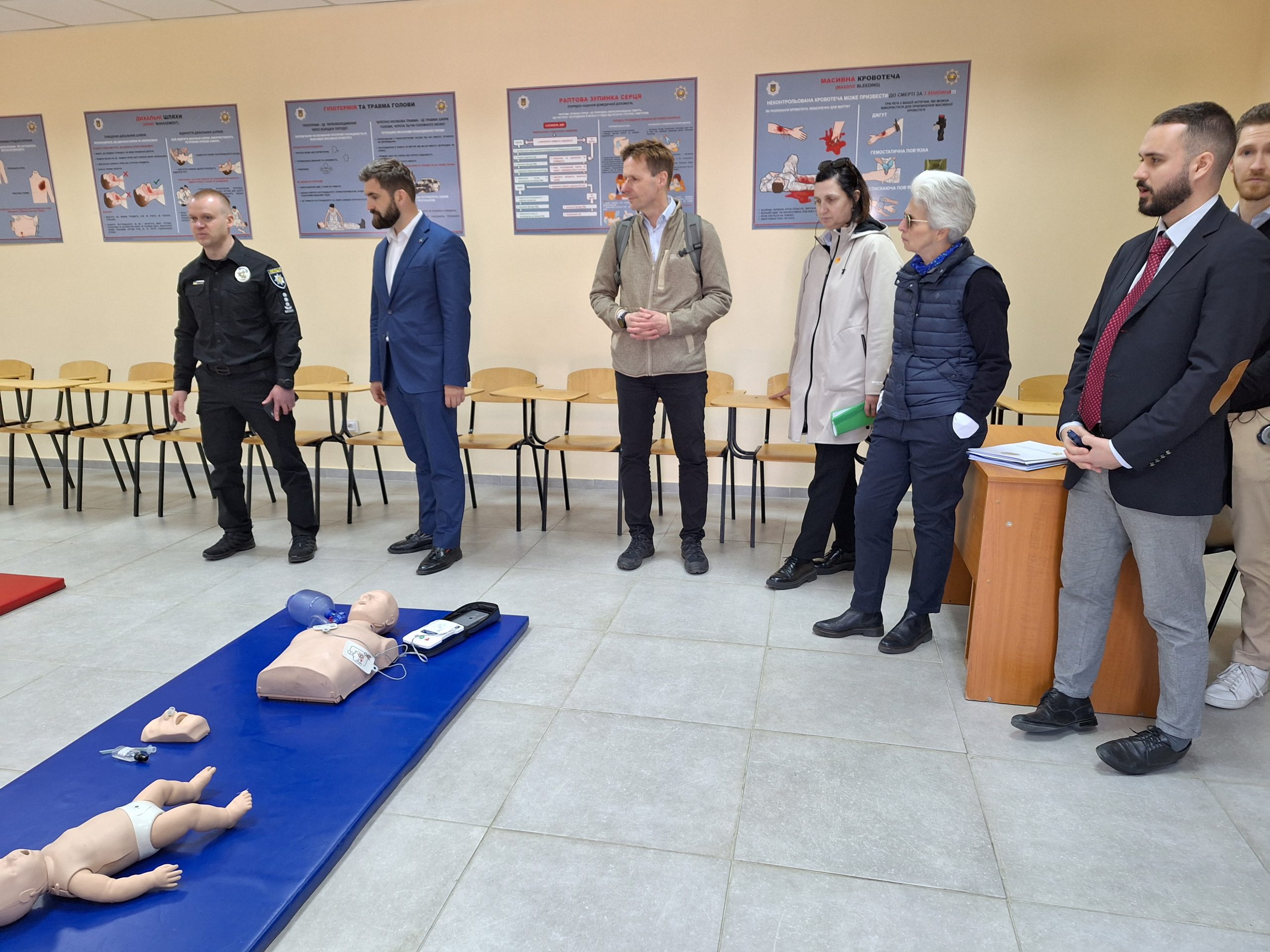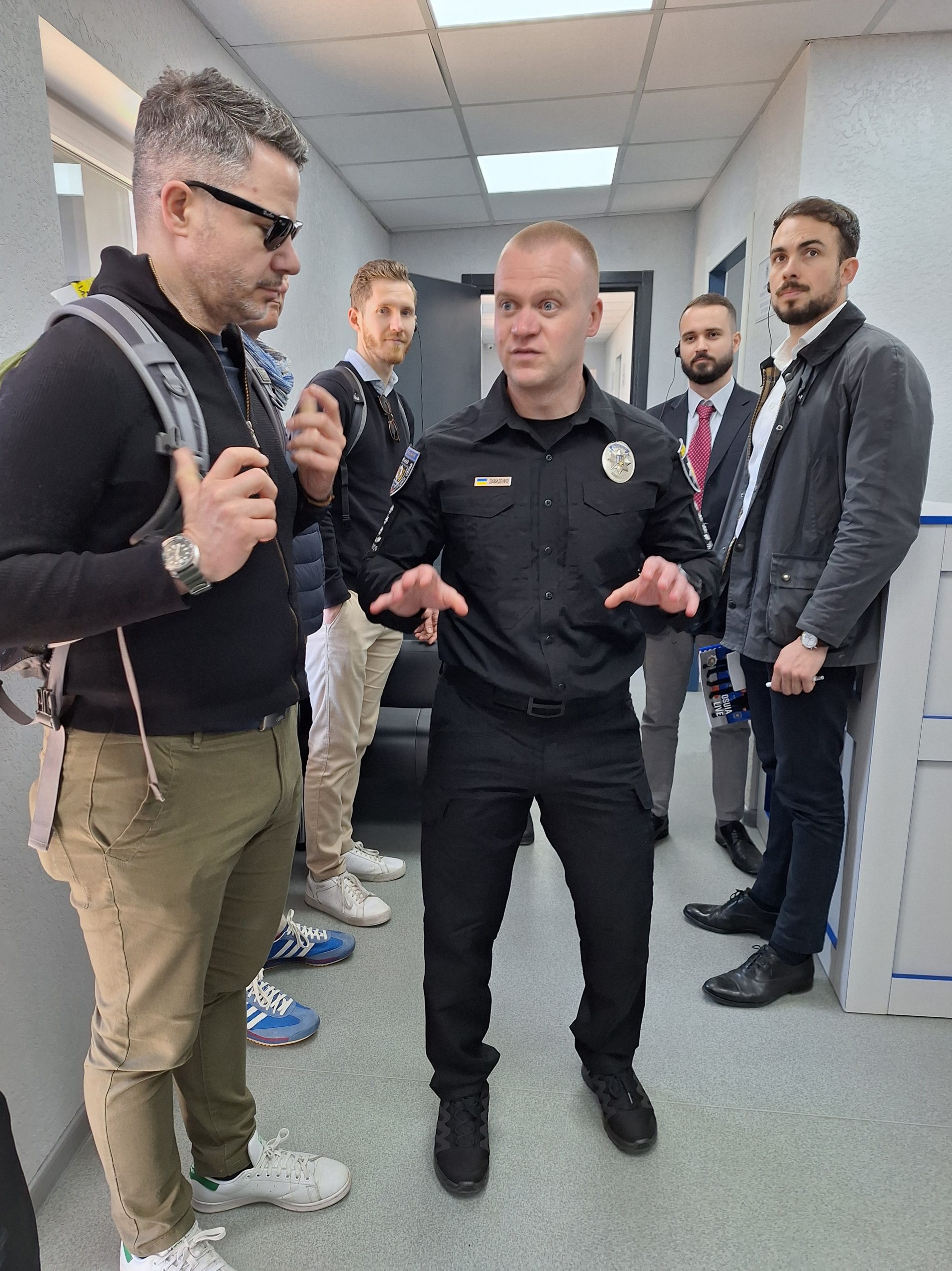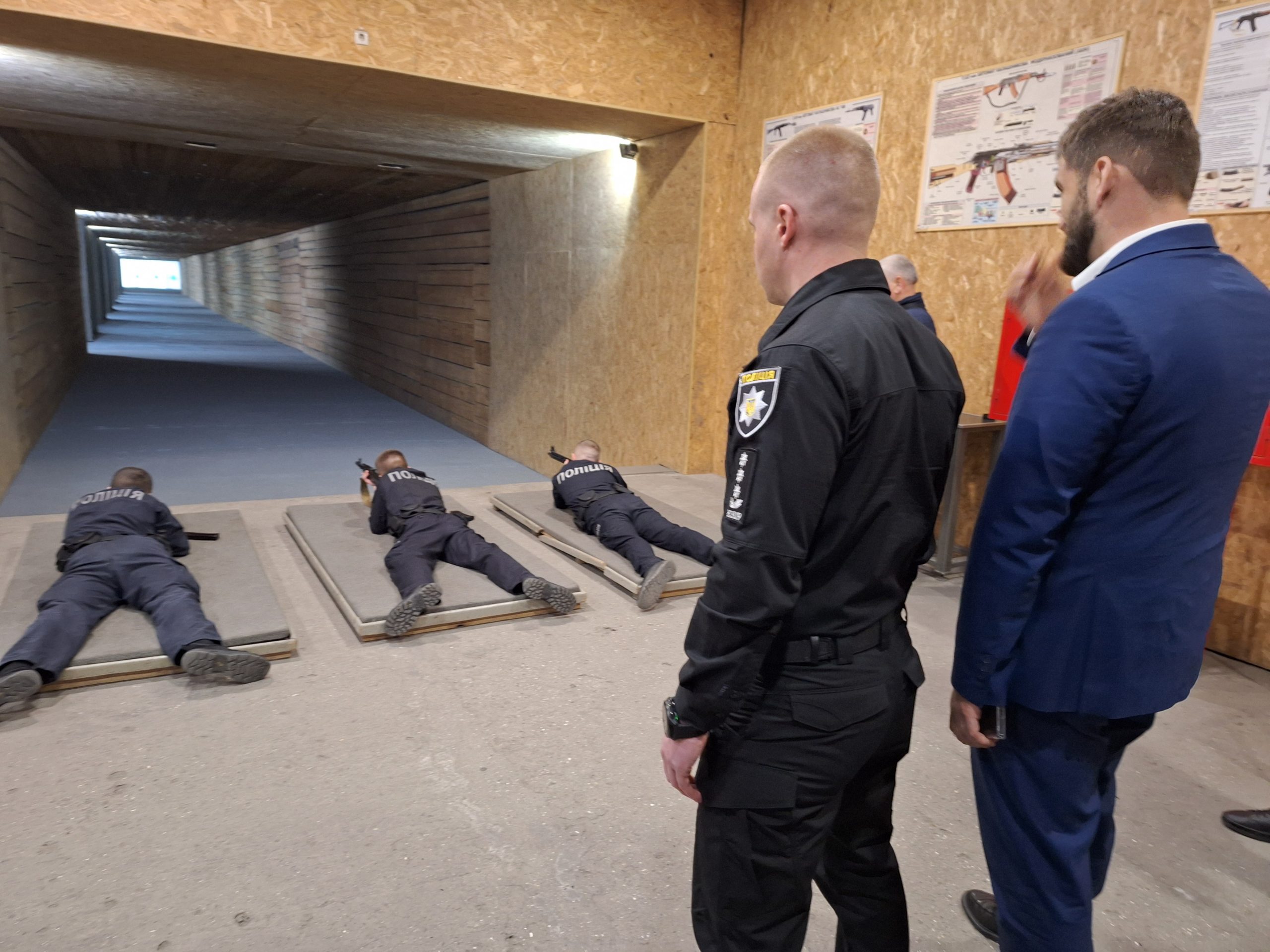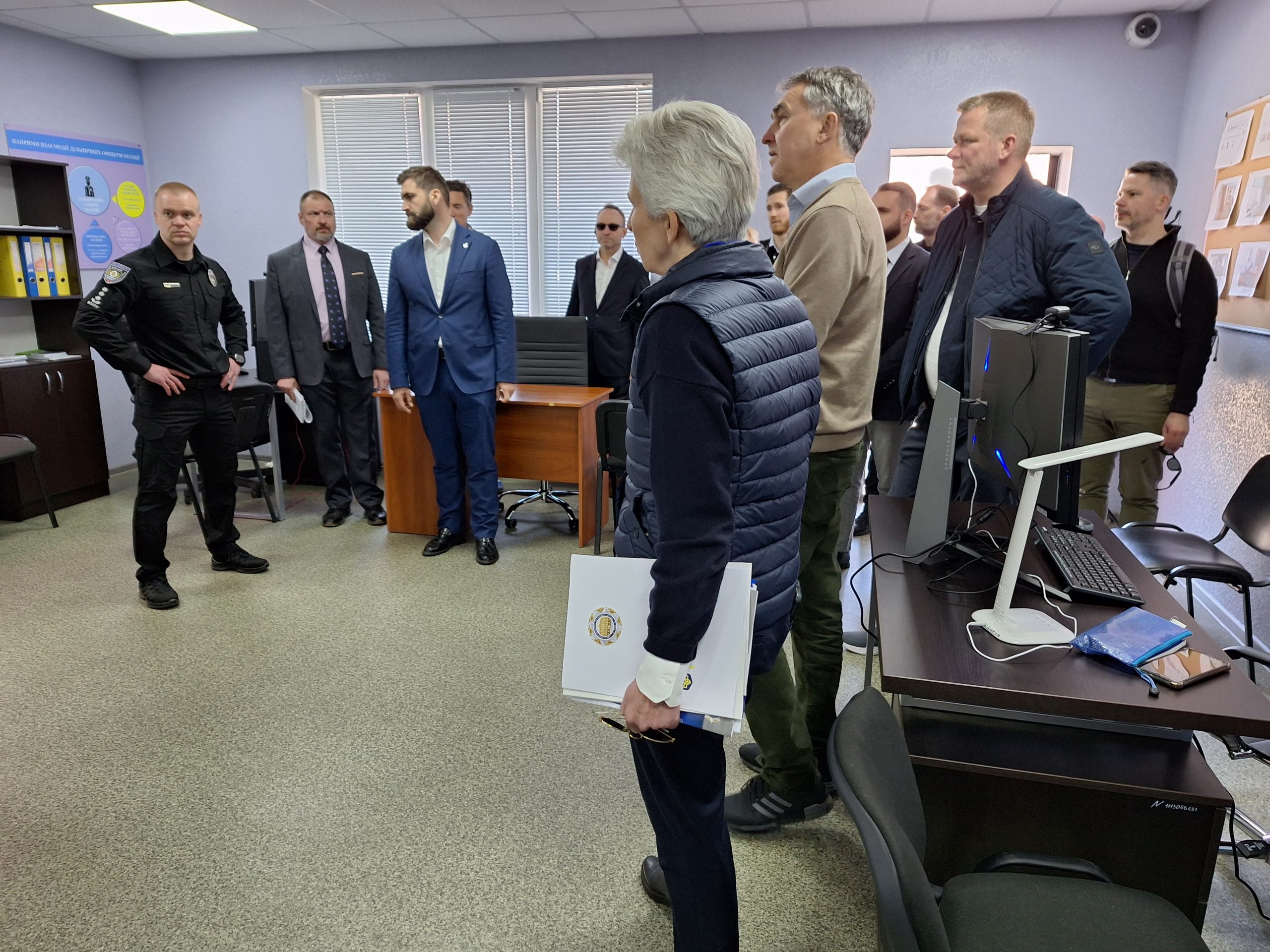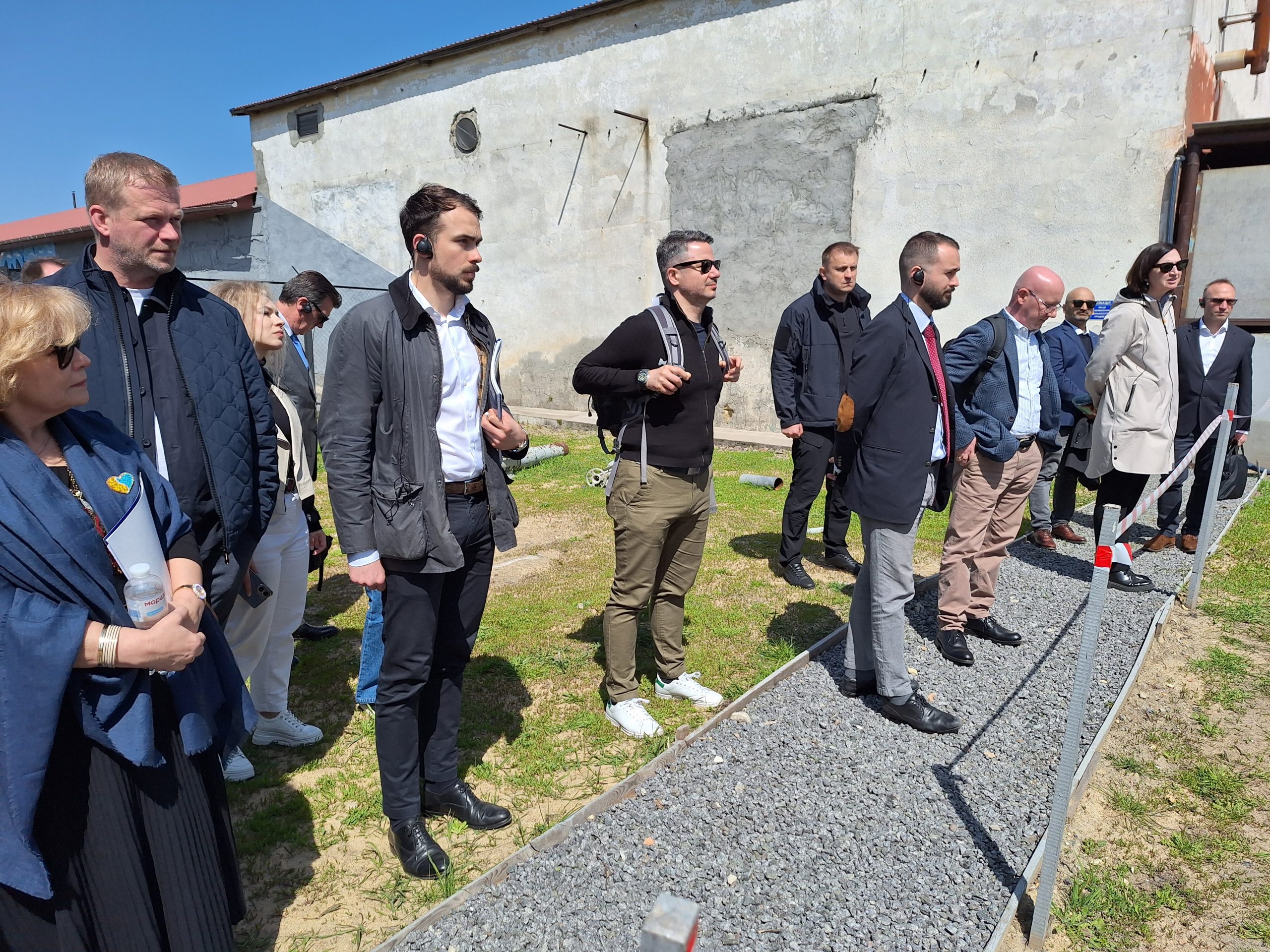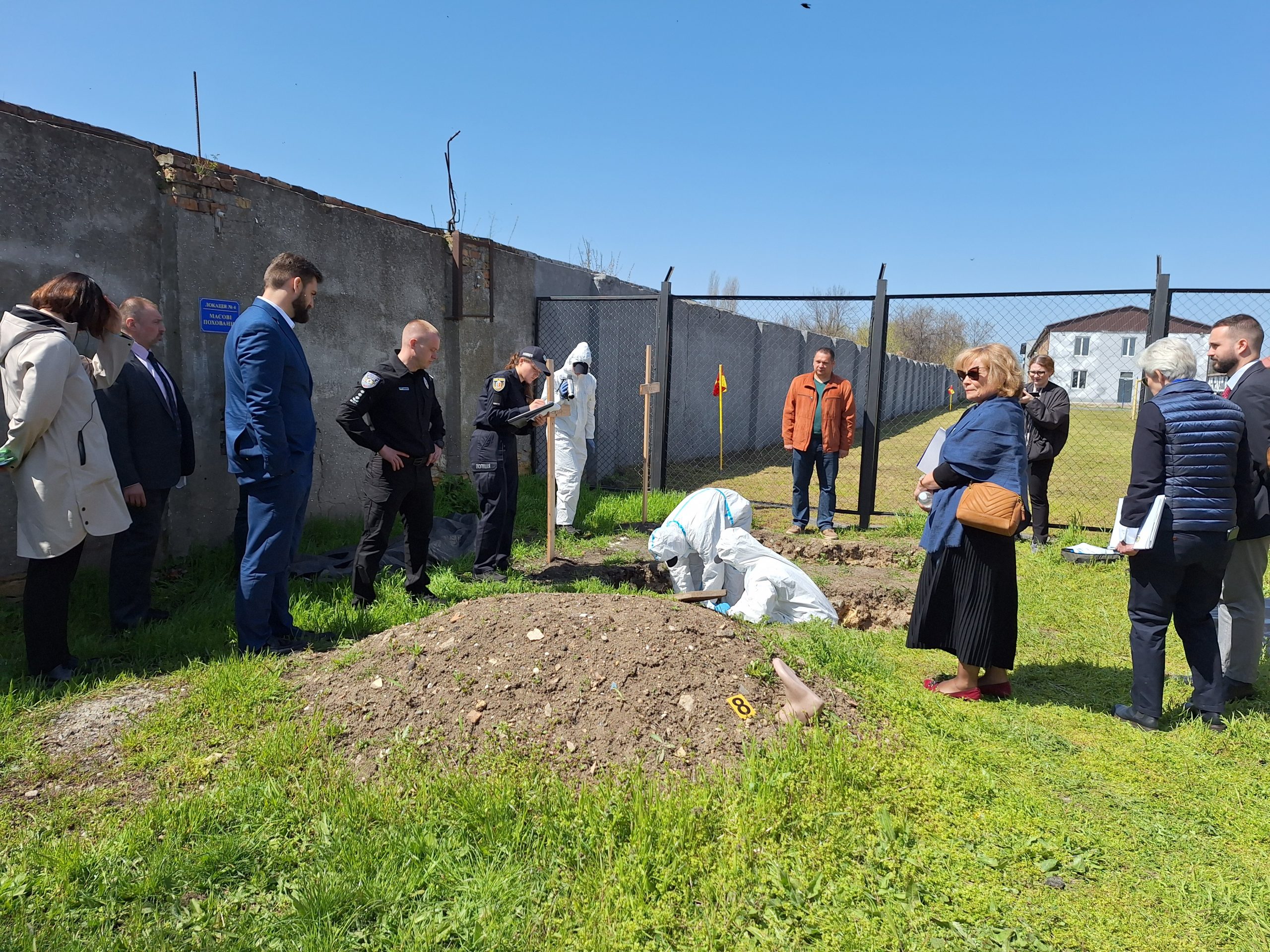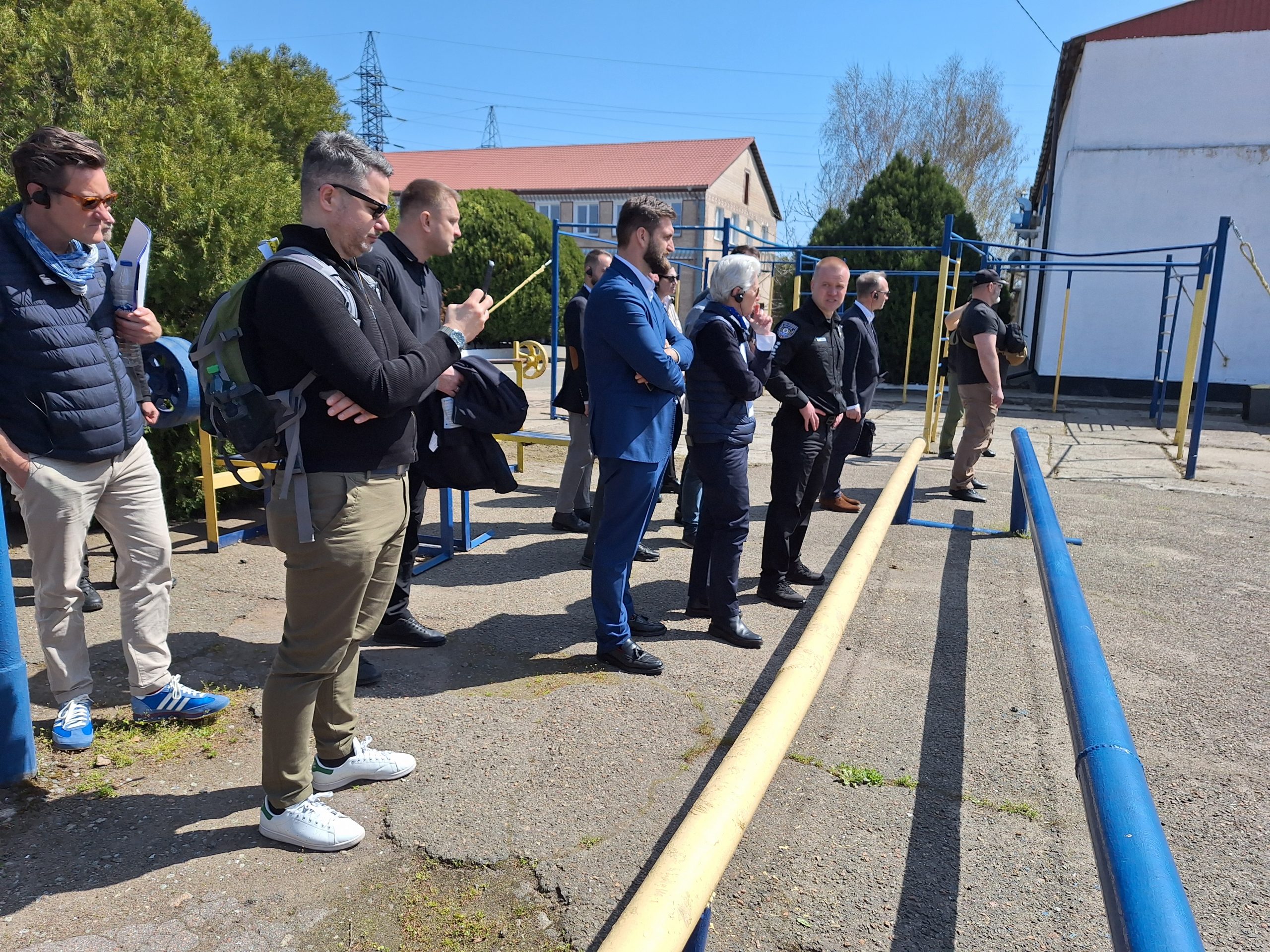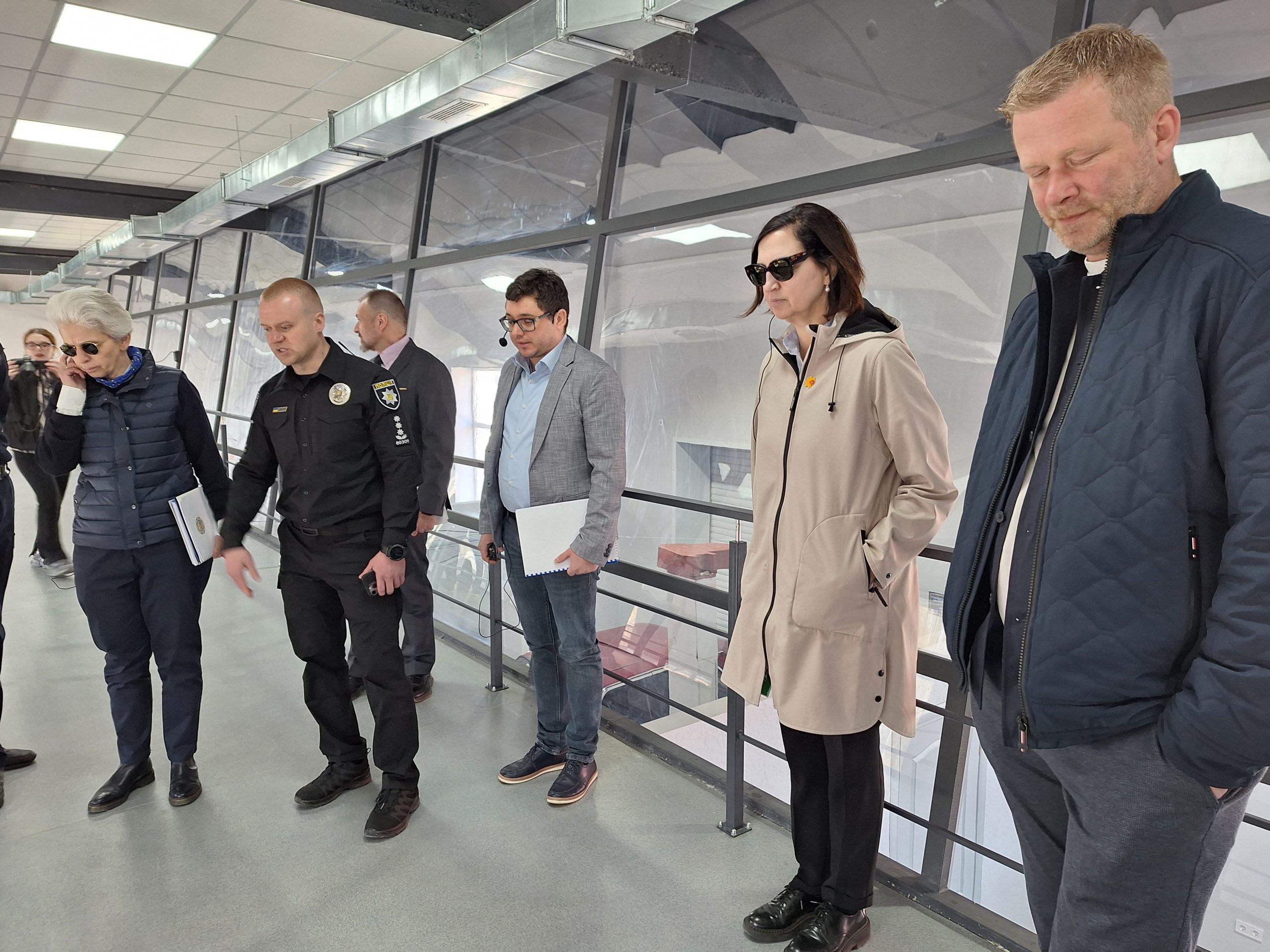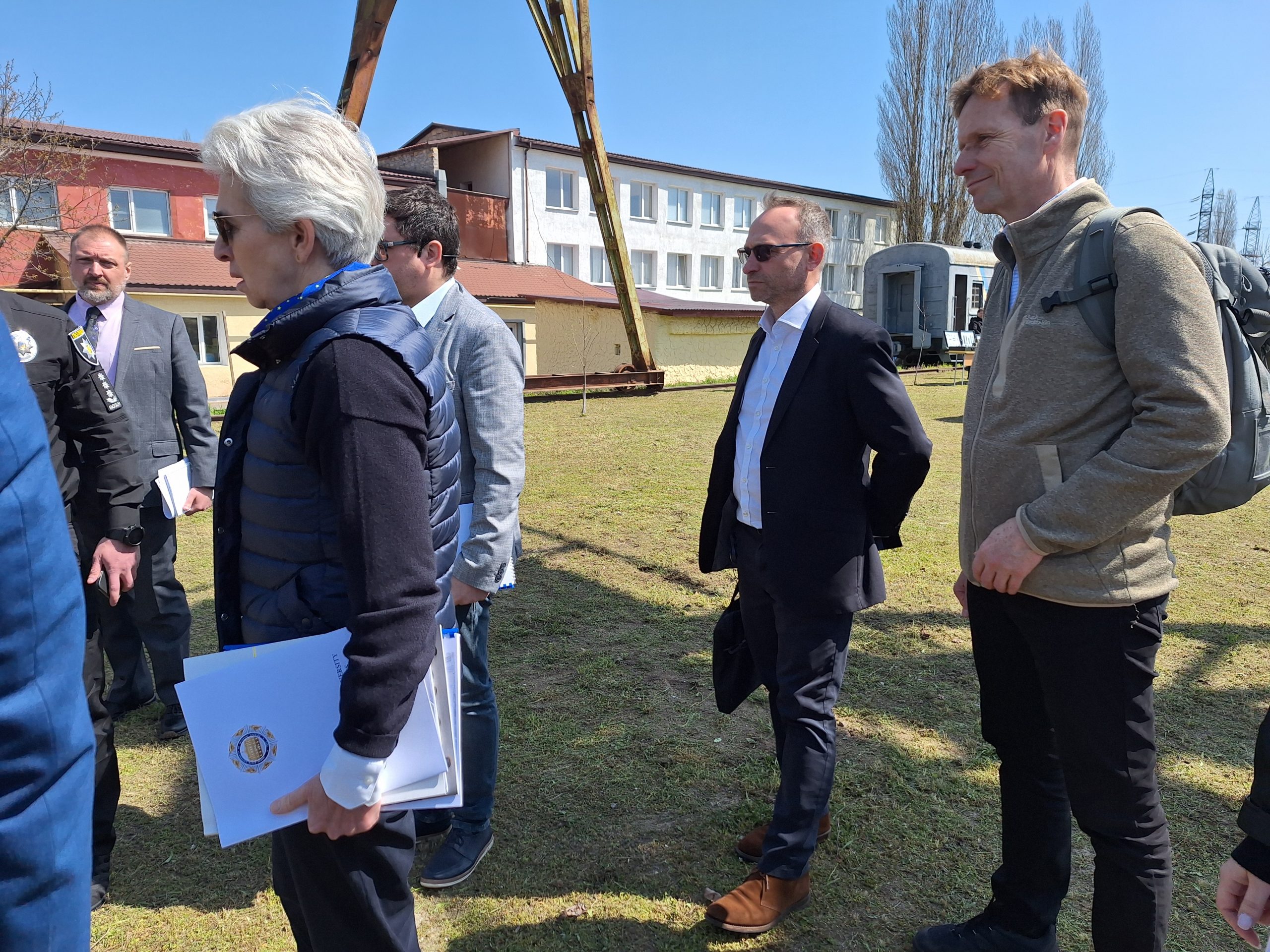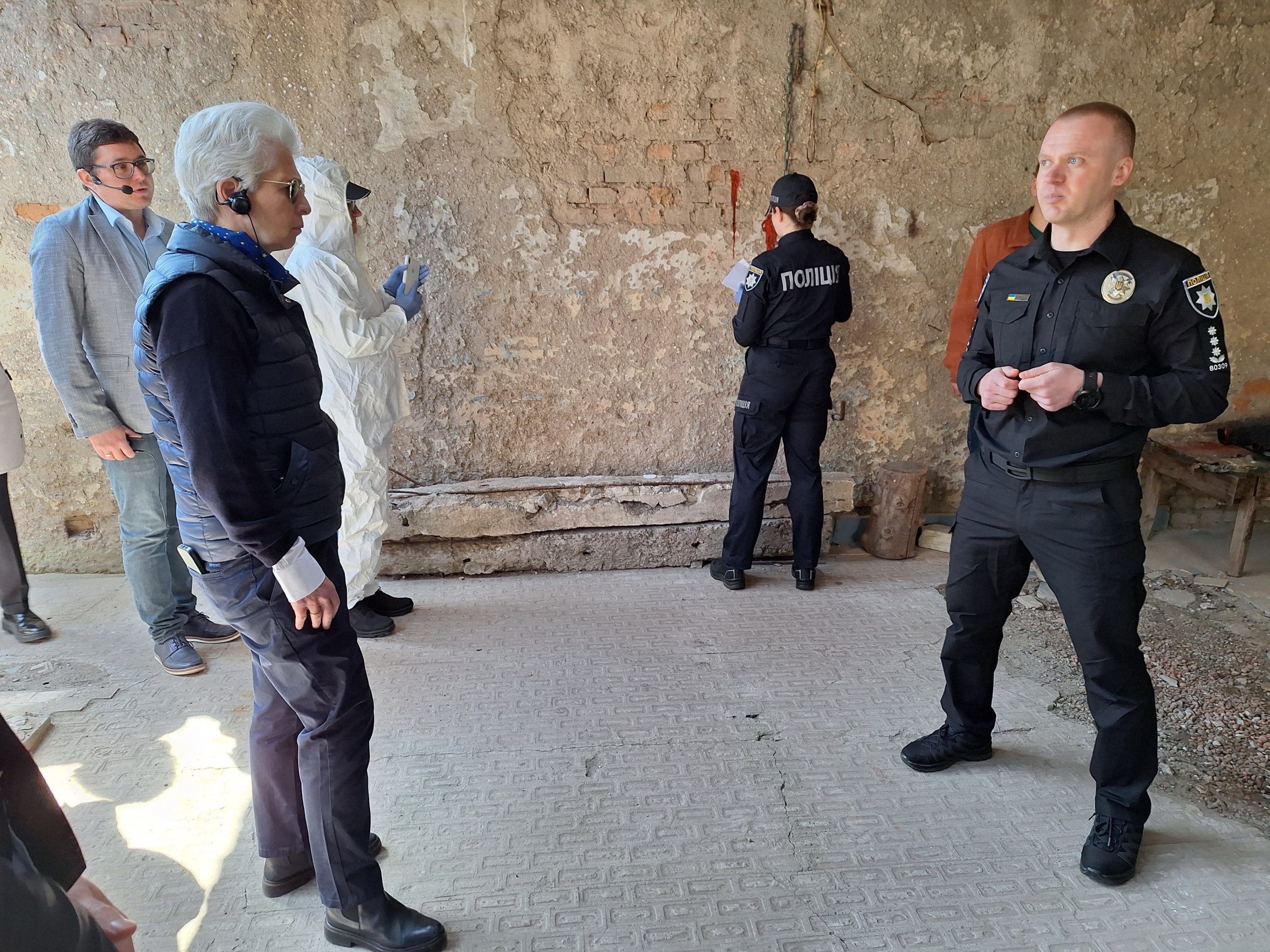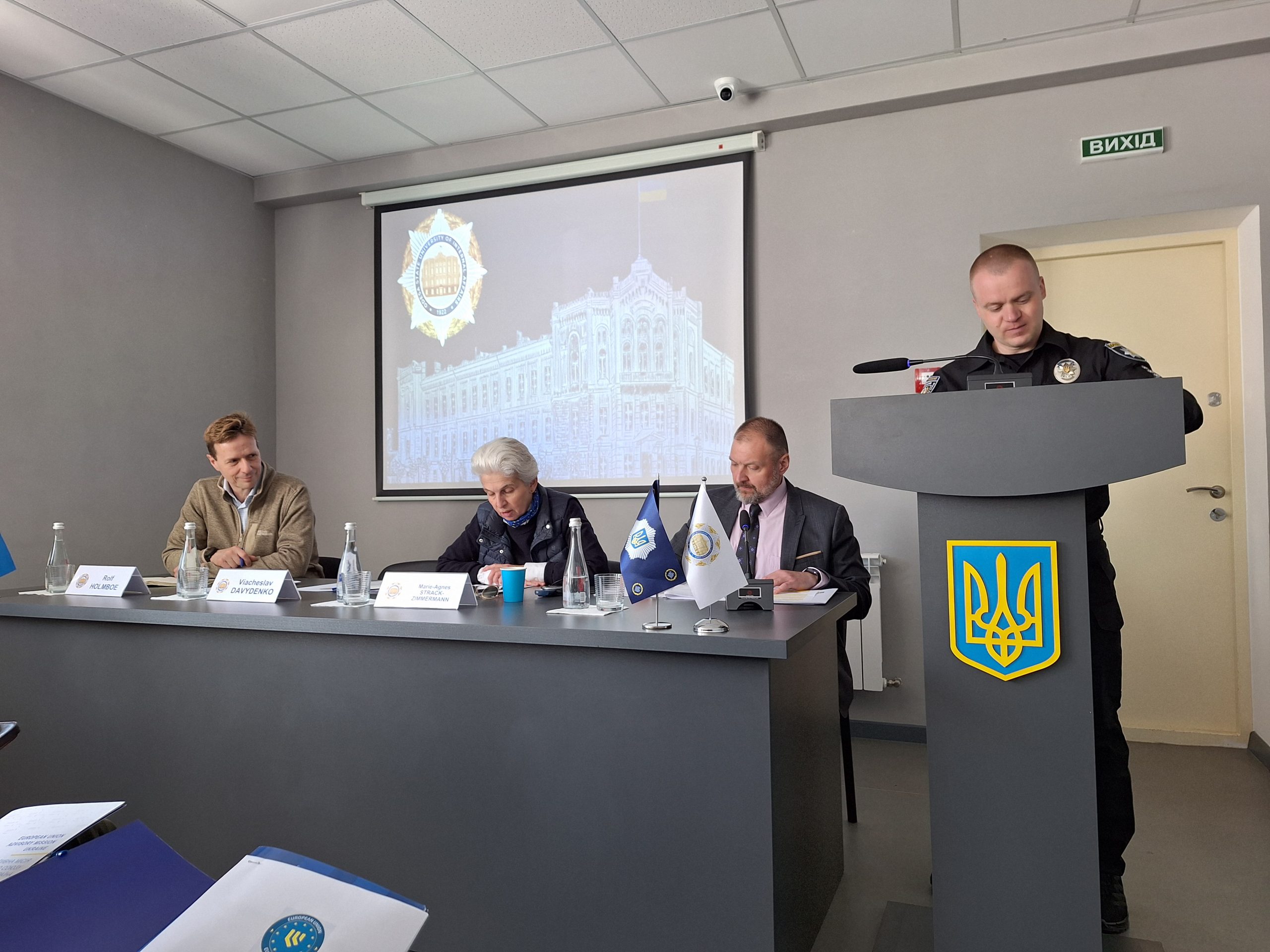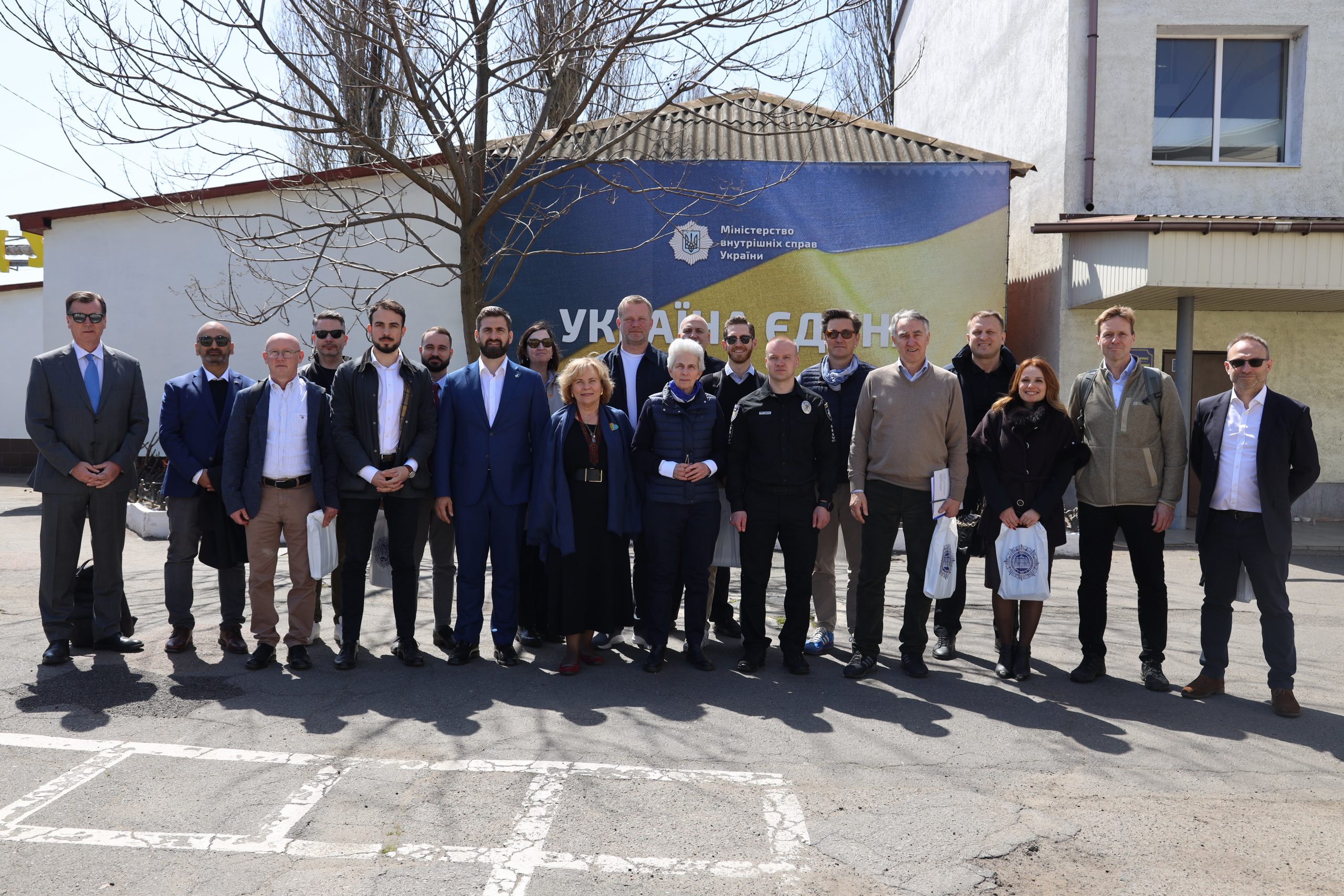EU Lawmakers Witness Ukraine’s Resilience During Odesa Visit
April 24, 2025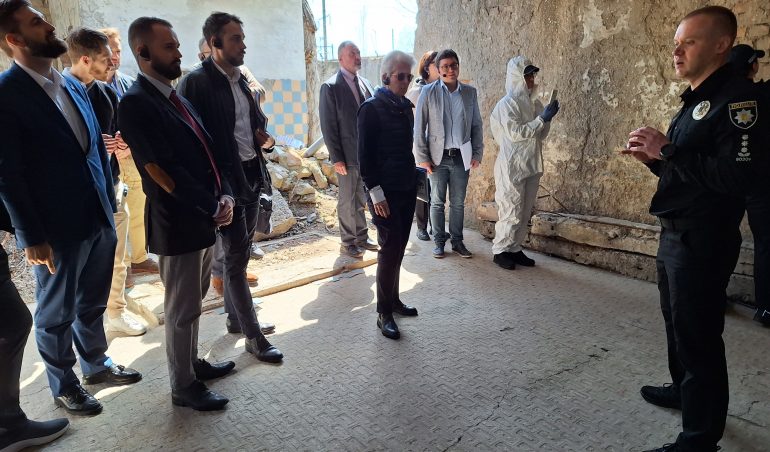
A high-level delegation from the European Parliament’s Subcommittee on Security and Defence (SEDE) visited Odesa last week, reaffirming the European Union’s long-term commitment to Ukraine and its security amid the ongoing war. The EU Advisory Mission Ukraine (EUAM) hosted the mission and enabled Members of the European Parliament (MEPs) to assess key security challenges and progress in the investigation and prosecution of war crimes committed in Ukraine.
The visit provided MEPs with direct insights into the regional impacts of the war and the resilience of Ukrainian institutions. These findings will help shape the European Parliament’s continued support for Ukraine’s security, rule of law, and civil protection.
By facilitating this engagement, EUAM continues to reinforce EU-Ukraine cooperation to ensure that international support remains aligned with Ukraine’s most urgent needs.
In a meeting with Odesa Governor Oleh Kiper and local officials, the delegation discussed the current military, security, and social situation, placing particular emphasis on civilian protection. The MEPs restated that the EU would provide Ukraine with the necessary support “for as long as it takes”. They termed their presence in Odesa as a signal of European unity and determination in the face of Russian aggression.
A roundtable with prosecutors from Odesa, Mykolaiv, and Kherson regions highlighted the persistent challenges in documenting and prosecuting war crimes. The European officials stressed the importance of full accountability for crimes and reaffirmed the EU’s dedication to supporting Ukraine’s efforts in this area.
The delegation also met Rear Admiral Oleg Kostur, the Head of Maritime Guard Regional Directorate of the State Border Guard Service of Ukraine, and Oleksandr Semyrga, the Head of the Ukrainian Sea Port Authority, to assess maritime security conditions and challenges. Discussions centred on sustaining port infrastructure and maintaining grain exports despite constant missile and drone attacks. Semyrga reported that nearly 400 maritime facilities had been damaged, yet operations continue due to the resilience and professionalism of port workers.
In a further effort to understand how the EU can best support Ukraine’s long-term security sector reforms towards EU accession, the delegation visited the Odesa State University of Internal Affairs. There, they were briefed on how Ukraine is training its next generation of police officers under wartime conditions. Police Colonel Vyacheslav Davydenko, the University’s Rector, outlined the importance of EUAM’s support in the training of trainers, curriculum development, and the exchange of best practices. MEPs were impressed by the effectiveness of the university’s training systems and the importance of continued international cooperation.
Head of EUAM Rolf Holmboe noted that the University is a longstanding partner in the region and reaffirmed the Mission’s support in strengthening Ukraine’s civilian security sector. He emphasised the importance of investing in a professional, well-prepared police force as part of broader reform efforts.
The delegation was led by SEDE Chairperson Marie-Agnes Strack-Zimmermann (Germany) and included MEPs Rasa Juknevičienė (Lithuania), Andrey Novakov (Bulgaria), Pierre-Romain Thionnet (France), and Petras Auštrevičius (Lithuania). EUAM’s Head of Mission Rolf Holmboe, together with Mission advisers from Kyiv and Odesa, accompanied the group throughout their engagements.



